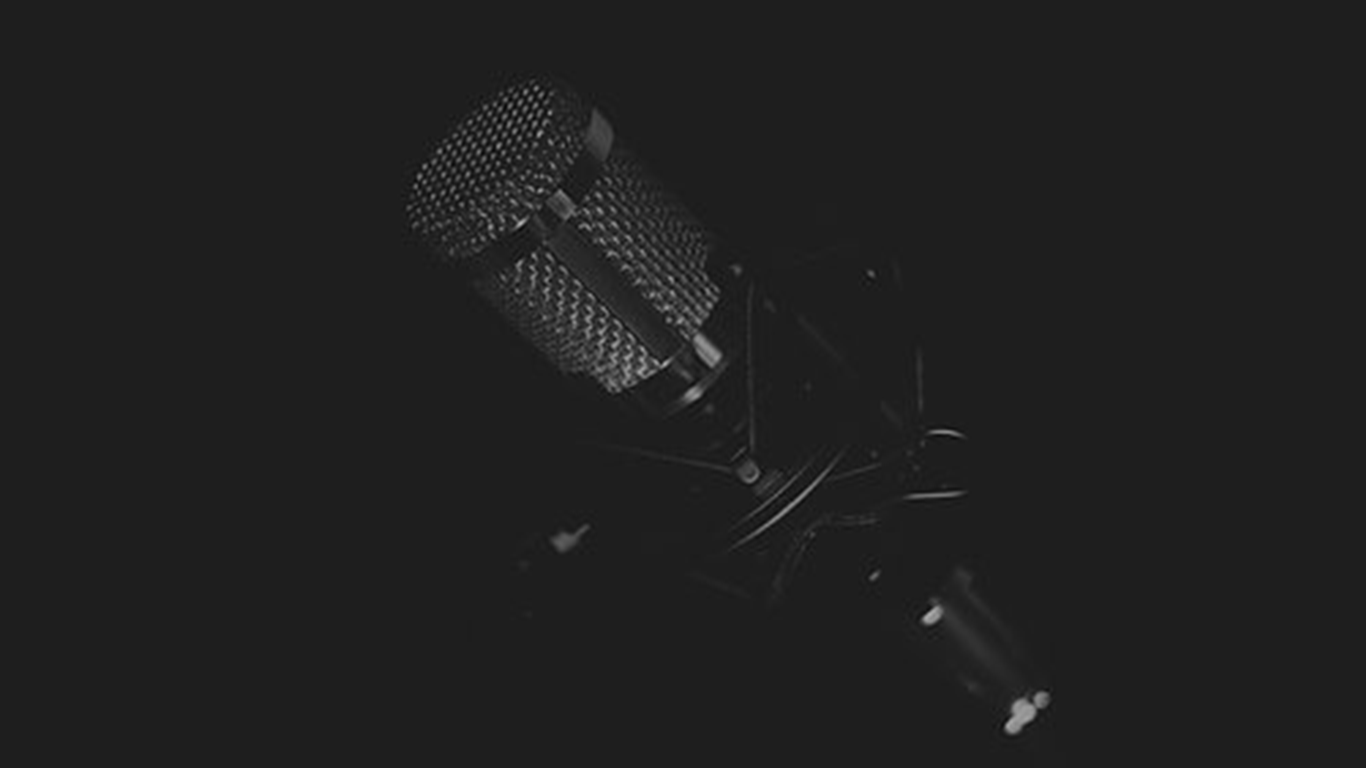Walker & Company and Cultural Design

Yesterday Walker & Company’s Bevel released their newest product the Bevel Trimmer. Bevel upped the ante in their goal to become the preeminent company creating beauty and health products for people of color. The Bevel Trimmer allows the company to enter a new market currently dominated by other players while staying true to their original goal. I was immediately impressed with the direction not strictly from a business product perspective but from a cultural one.
Tristan Walker, the founder of Walker & Company has long advocated for a more diverse perspective within the world of technology. That critique has often encompassed the importance of culture playing a role in finding new sources of talent and opportunity in a crowded market. In a Pando article Mr. Walker states
“Most culture in this country is driven by Black culture, whether that’s food, music, dance, or anything else. And more recently Latino and Asian culture have driven global culture. Here I live in the most early adopting region in the world, and we know very little about the most early adopting culture. Therein lies the opportunity.”
This philosophy is what makes the Bevel Trimmer so interesting. Beyond the call to action in the urban grooming space the design, look, feel and marketing of the Bevel Trimmer is instantaneously culturally relevant. Queensbridge rapper, Nas, is an ambassador for the product and is featured in the new promotional video. Upon watching the video a few things leap out for those who know what to look for. The Bevel Trimmer mirrors the look and feel of an MC’s microphone. This is a homage to the power of the microphone as a tool to express one’s creativity. The barber’s trimmer holds the same power. Linking one of the greatest MCs to the neighborhood barber connects the power of skills, proficiency of your trade, high mastery and self expression all in one fell swoop. Nas is not just the usual celebrity endorsement. His involvement is more cultural currency as he instantly adds validity and ties the product together in authentic iconography. Hip-hop and barbershops go hand in hand. In the early days of hip hop aspiring rappers shared their mixtapes in barbershops to build an audience. The barbershop experience is communal one where the haircut is only part of the process. Sharing stories, jokes and arguing (usually about sports and hip hop) go hand in hand with a trip the barber. Jay-Z famously cites this in a line from Where I’m From “I’m from where n****s pull your car, and argue all day about who’s the best MC’s, Biggie, Jay-Z, and Nas”
Nas and Jay-Z continue to be at the center of these barbershop debates, a fact not loss on the Walker & Company team and in turn a seamless shout out to their audience.
To keep it simple, the Walker & Company team created a product, and a message that speaks in verbal and visual language of its target audience. By understanding the culture in which they move they were able to craft a message that permeates beyond product and speaks to their entire vision. Understanding culture at a deep level and how it plays in your messaging is mandatory when communicating with people who have more choices than ever. The bullshit meter is extremely high and those brands that think they can get over with communication that merely panders rather than empowers will face a steep uphill battle to win hearts, minds and wallets.
